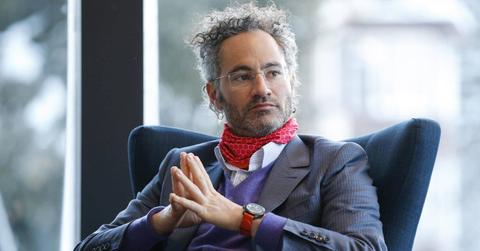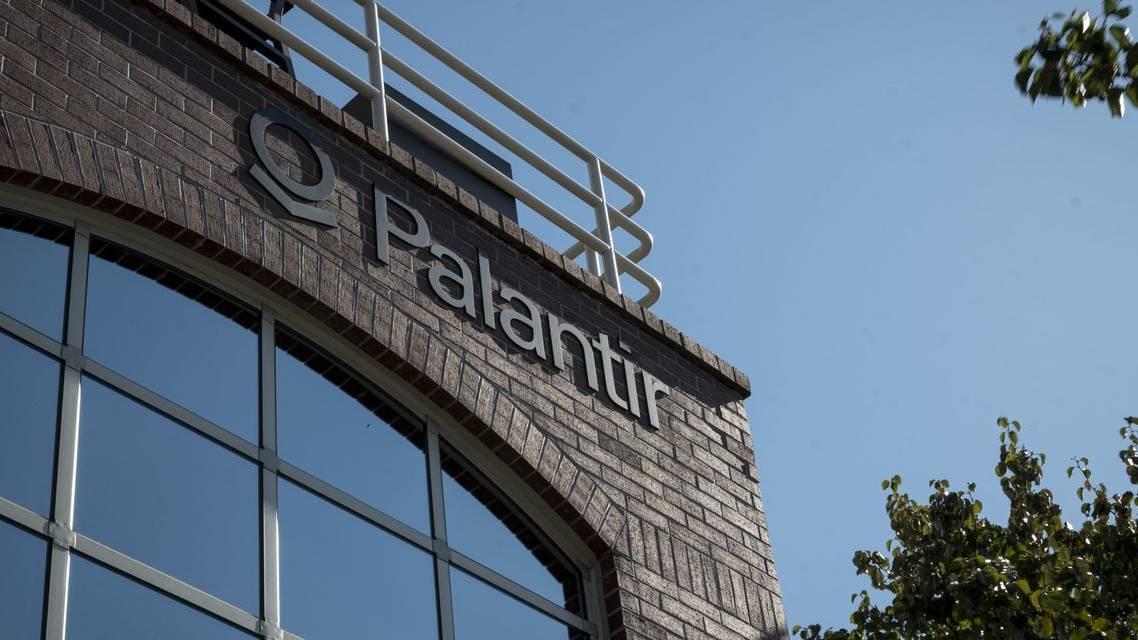Alex Karp Really Does Work Out of a New Hampshire Barn
Alex Karp works out of his New Hampshire barn even though his company based out of Palo Alto, Calf. Why did he choose this setup?
Dec. 4 2020, Published 2:27 p.m. ET

Alex Karp, the CEO of Palantir Technologies, is known to be a little unusual for a CEO. He has been working out of his New Hampshire barn for the last 15 years even though his company is based out of Palo Alto, Calif. He plans to move his company out of the Silicon Valley.
People, including human rights activists and Karp's own staff, have been protesting against the company. Why are people protesting against Palantir? What does the company do? Why doesn't Alex Karp like the Silicon Valley?

Where does Alex Karp work and why?
Alex Karp is the CEO of Palantir Technologies, which is a secretive and controversial big data analytics company. Palantir was founded in 2003 by Nathan Gettings, Peter Thiel, Joe Lonsdale, Stephen Cohen, and Alex Karp. The company is engaged in developing data analysis software for large companies and government agencies. Palantir started trading on the NYSE on Sept. 30 under the ticker symbol "PLTR."
Karp became Palantir's CEO in 2004. He is often described as an eccentric leader who wears bright-colored athletic gear and keeps Tai Chi swords in his offices. While Karp owns property in Palo Alto where Palantir is based, he works out of a barn in New Hampshire.
Karp told Axios on HBO that he has worked out if a barn in New Hampshire for the past 15 years. He said, “I’m used to being social distanced in the Valley. And now social distancing has become a way of life.” According to BizJournals, he said, “I'm pretty happy outside the monoculture, in New Hampshire, and I like living free here.” He also lives in New Hampshire because he is an avid cross-country skier.
Why have people been protesting against Karp?
Karp and his company have been criticized for supplying governments with technology that could be used to exert excessive control over people. Palantir has been involved with ICE (U.S. Immigration and Custom’s Enforcement), which has provoked protests from human rights activists.
Karp told Axios on HBO that even some of his employees weren't happy with the company signing the contract with ICE. He said, “I've had my favorite employees yell at me.” Some of Karp's favorite employees left the company because they thought his work for ICE wasn't ethical.
Karp said, “I had people protesting me. People protesting me, some of whom I think asked really legitimate questions.” He also said, “The most valid criticism that they have is, essentially, that if you are involved in anything, that one instance of injustice, does it tarnish all instances of justice?"
Karp mentioned that his product has occasionally has been used to kill people. When pressed about the technology that he was referring to, Karp was vague. According to Business Insider, he said, “If you're looking for a terrorist in the world now you're probably using our government product and you're probably doing the operation that takes out the person in another product we build." He emphasized that Palantir software’s built-in audit trails make it hard for the government to abuse its authorities.
Karp and Palantir have also been involved with a Pentagon contract to develop targeting AI for military drones. The company is involved in mostly secret work with governments and military, which elicits sharp responses from human rights activists and some of Palantir's staff.
Does Karp plan to move Palantir out of the Silicon Valley?
Karp plans to move Palantir out of the Silicon Valley and head to another state. Karp told Axios on HBO that there's “increasing intolerance and monoculture” in the Silicon Valley. He said, “We haven't picked a place yet, but it's going to be closer to the East Coast than the West Coast. ... If I had to guess, I would guess something like Colorado.” The company finally relocated from Palo Alto to Denver in August.
Previously, Elon Musk threatened to leave California because the authorities weren't allowing Tesla plants to work during coronavirus lockdowns.
